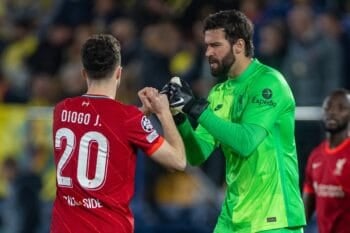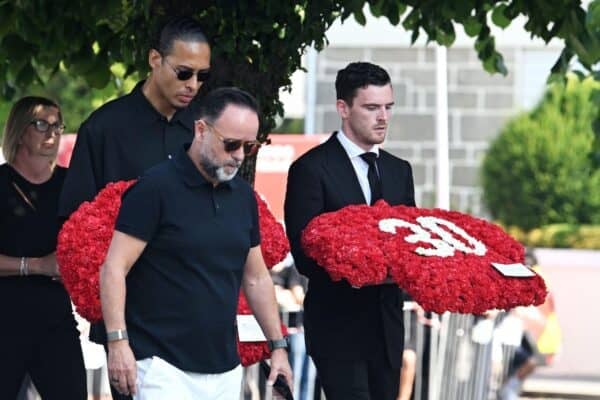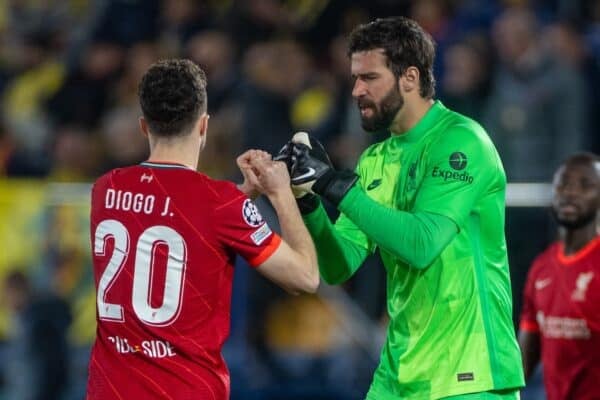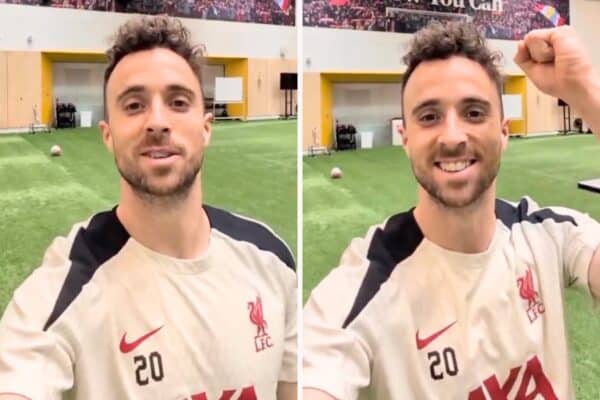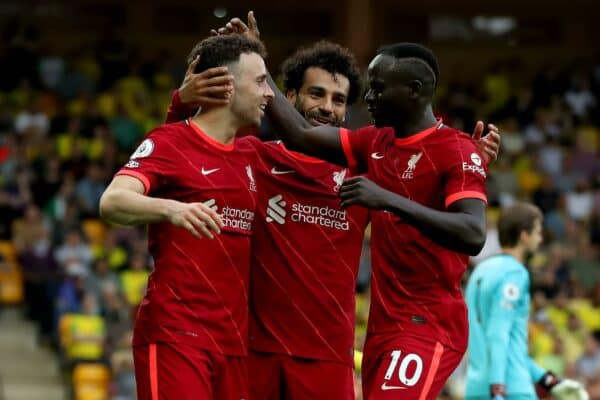Rafa Benitez continues his Euro ’08 column with Spanish newspaper El Mundo. The column has provided an insight into the manager’s coaching philosophy and continues here as he reflects on Spain’s progression to the quarter finals.
Primary Objective Complete
Spain are through to the quarterfinals. There was suspense until the very end but Villa’s goal earned Spain a just victory. To the points, we deserved to win the match against Sweden yesterday and seal, at the same time, a place in the next round. I had already discussed on prior entries the importance of winning the first match. At the time, I said how important it was for every team to avoid defeat, but now, increasingly, we’re seeing how determining it is to win the first two matches.
If you’ve already qualified for the next round after two matches, which is the case for Portugal, Croatia, Holland and now Spain, you have a very valuable advantage. For two main reasons. First, because you can change players ‘“ I don’t want to use the famous word ‘˜rotation’-, which will allow you to rest some players after a very long season, first with their clubs and now with the national team, and will allow other players to participate, gain match-fitness and to feel an active and important part of the squad. And then, as a consequence, you will improve the group dynamics, the cohesion and team concept, something that, for the rest of the tournament, could prove to be key.
Regarding the issue between Luis and Torres, I still feel that it was blown out of proportion, fortunately we can now say that it was left at nothing. Fernando admitted immediately his possible fault and, after some time and consideration by Luis, everything was sorted. The fact that Torres started the match yesterday it’s the best indication that everything is fine and we can focus on the action on the pitch and not on these little incidents.
Another aspect to consider is the makeup of the calendar and possible future matchups. I didn’t like it from the start because I saw that the teams were divided into two groups that would not face each other until the end. And the fact that Holland could benefit, in theory, if they don’t earn any points against Romania, and that doesn’t seem right to me.
Back to the match against Sweden, ‘˜good is that, which ends up well’. Spain went into the match with the same starting XI and the same style of play as in the first match. We had to keep possession of the ball, the fullbacks had to give support in attack in order to add width and the wingers cutting in to create a number advantage in the middle. With this idea, we had control of the game, although we barely managed any chances. After the opportunistic and excellent goal by Fernando, after a corner-kick, the second shot on goal did not arrive, curiously enough, as a result of an elaborate possession. On the contrary, it was a long ball from Sergio (Ramos) and Villa had a shot off a ‘˜second ball’. From there on, Sweden took control and that’s when they leveled the score. Only at the end of this stretch did we create any danger on a play which ended with a claim for a penalty.
After half-time, the story was similar. Spain had at one point between 65 and 70% of the possession. There were some clear chances, but that superiority was still not being productive and you had the feeling that Spain was going to have a very tough time to score the second goal. Nonetheless, it was the long-ball once again which proved fruitful right before the end of the match. Villa showed once again his great skill as a goal-scorer and was implacable. We must conclude, as a result, that the theory that Spain must depend on a short-passing game of many touches is not necessarily an obligation. It is true that our national team should have a well defined style of play but at the same time it should be open to other alternatives that, facts in hand, can prove effective. In conclusion, we should all agree that Spain’s balance must be a positive one.




